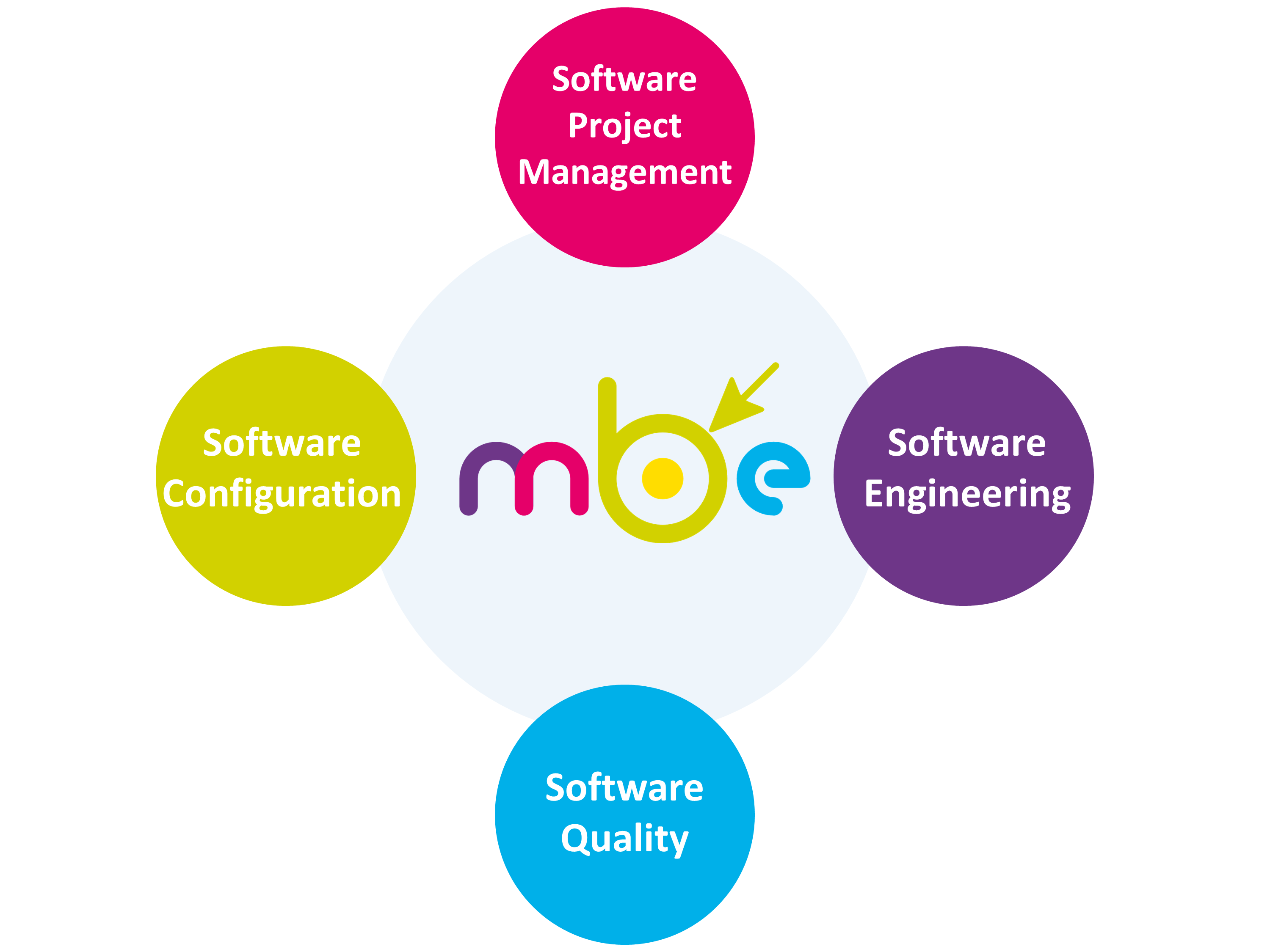Research

Guiding themes of our research
- Mastering and balancing complexity, quality goals and variability of modern software systems.
- Coping with the mutual impact between software systems and continuously evolving application contexts.
- Providing solutions that are theoretically founded as well as practically applicable and supported by tools.
Research topics
We classify our research according to canonical research areas of software engineering. Nevertheless, appropriate research approaches are inherently cross-cutting these areas.
Software Project Management: Process models for modern software projects integrate novel development principles.
- Agile: Any kind of change will become business as usual.
- Continuity: The mostly hypothetic boundaries between the canonical life phases of software (development, quality assurance, maintenance, evolution) practically disappear.
Software Engineering: Specification formalisms for modern software systems capture crucial characteristics of cyber-physical software systems.
- Computation: State-of-the-art (discrete) process- and automata-based models.
- Control: Hybrid (discrete/continuous) behavioral models for mixed systems with default components and intelligent parts.
- Communication: Modeling concurrency, distribution and mobility.
Software Quality: Quality assurance techniques for modern software systems facilitate a controllable trade-off between efficiency and effectiveness.
- Fully-fledged unit testing and regression testing are daily routine.
- Comprehension and automation of quality assurance techniques are reconcilable goals.
Software-Konfiguration. Configuration Management of modern software systems comprise concepts for mastering
- Variability in space (variant-rich software systems),
- Variability over time (software versioning) and
- Variability at run-time (reconfigurable and self-adaptive systems).
Research Projects
- Modeling and Analyzing Configurable Software with Weighted Automata
- Co-InCyTe
- Optimized Quantum Software Testing using Functional Property Specifications and Quantum State Verification Techniques (QuTe)
Aktualisiert um 14:36 am 26. March 2020 von g044465



